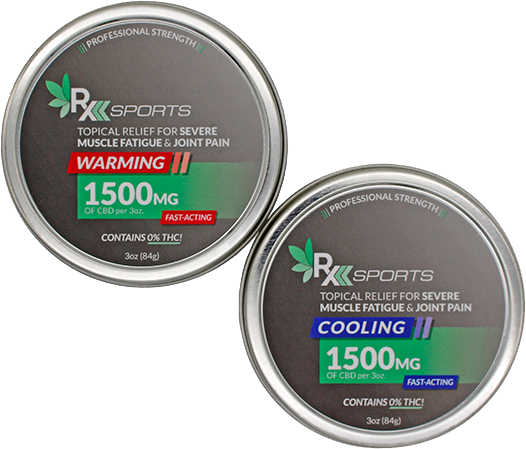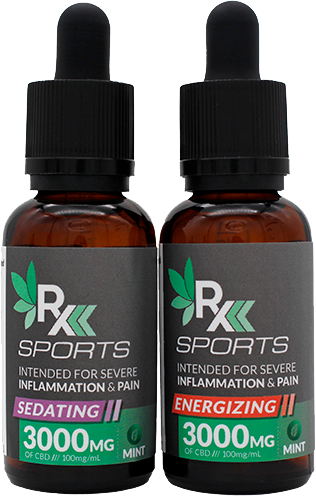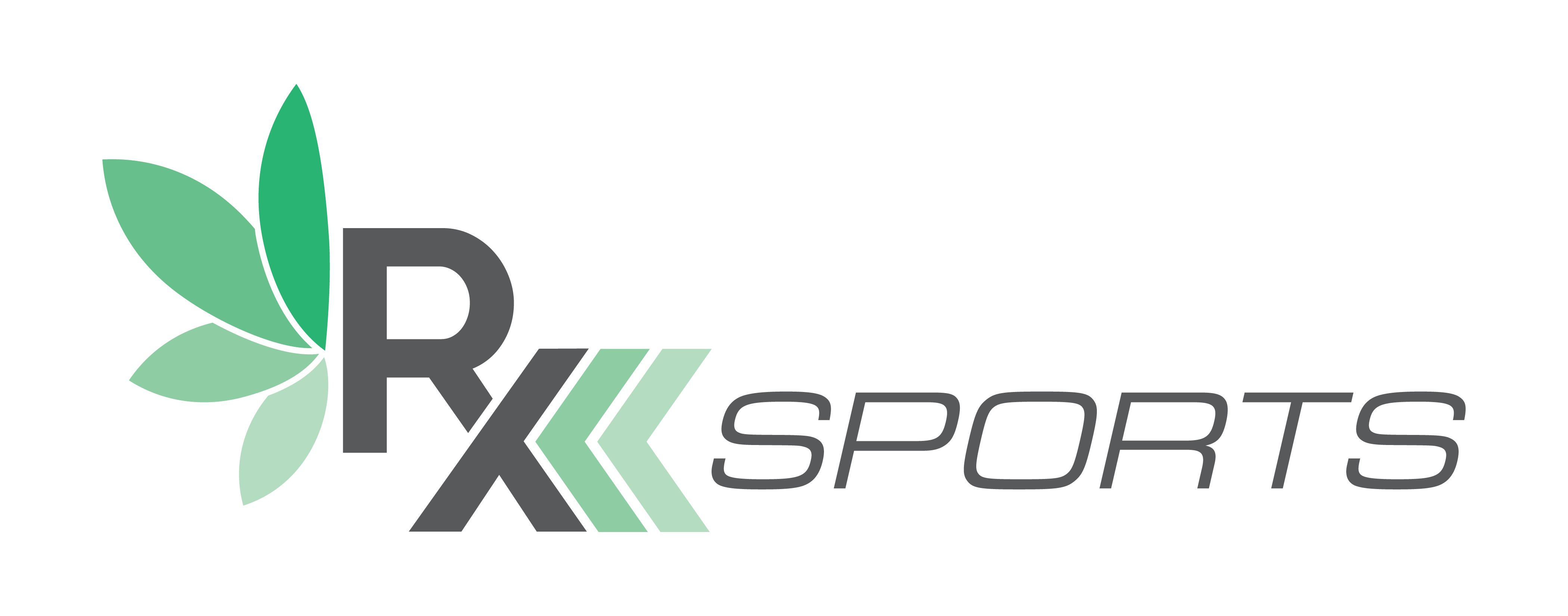Cannabinoids are compounds produced by hemp and marijuana (aka: phytocannabinoids), and they are also produced by the human body (aka: endocannabinoids). Scientists have identified the endocannabinoid system (ECS), which is a collection of receptors that regulate appetite, pain, mood, and memory. The primary goal of the ECS is to establish homeostasis, meaning if there is a deficiency in the body, cannabinoids (like CBD) can act on ECS receptors, resulting in different medicinal effects.
Why are People Using CBD?

Although CBD may appear to be the newest health-fad, in actuality, the medicinal community has been supporting these pain-relieving and anti-anxiety claims through both research and product development. In 2018, the FDA approved its first CBD-based drug to treat certain types of pediatric epileptic seizures. Prior to that and since, clinical studies have found CBD may be effective in relieving severe inflammation and pain, as well as presenting neuroprotective properties.
But what does all this mean for athletes? Simply put, athletes place an extraordinary amount of stress on their bodies, and do so at the risk of potential injury, pain, and inflammation. Options for relieving acute, temporary pain included NSAIDs and opioids, however neither are safe for extended use – NSAIDs can lead to gastrointestinal bleeding, heart attack, and stroke, and opioids are highly addictive, often leading to overdose and overuse. Meanwhile, the World Health Organization has reported that CBD is “…well tolerated with a good safety profile”. This means CBD may be a viable option for safely reversing the effects of chronic pain, inflammation, and even oxidative stress, thanks to its potential anti-inflammatory, analgesic, and antioxidant properties.
Five Ways CBD Benefits Athletes
- CBD may aid in muscle relaxation
There is an interesting relationship between CBD and GABA (gamma-aminobutyric acid), which is a natural amino acid produced in the brain. GABA is the chief inhibitory neurotransmitter, which means it lowers neural activity in the central nervous system, thereby shifting the body and the brain into a relaxed state. GABA facilitates sleep, reduces mental and physical stress, and lowers anxiety. It also regulates muscle tone, meaning low GABA activity can result in muscle pain, spasms, and/or cramping. Research indicates CBD enhances the efficacy of GABA by acting on GABA-A receptors.
To take advantage of these potential benefits, try supplementing with 20mg of CBD each day. A CBD topical applied directly to the muscle or joint should also help in reducing localized inflammation and pain
- CBD may reduce inflammation
When you work-out, you are damaging muscle fibers that require repair and replacement. This cellular process where muscle fibers are repaired, requires an adequate amount of time for rest and recovery. Inflammation is one of the biggest barriers to recovery, which is why athletes have historically used NSAIDs like ibuprofen both before and after their workouts. However, as we’ve discussed, prolonged use of NSAIDs has been connected to gastrointestinal bleeding, heart attacks, and strokes. For chronic pain and inflammation, something more natural and therapeutic is needed, and that’s where CBD comes in.
Some athletes have found CBD (if used consistently) as an effective replacement for NSAIDs, even in small amounts (10-20mg). For a faster recovery time, try 10mgs before your workout, and 10mgs after your workout.
- CBD may reduce oxidative stress

Oxidative stress is an imbalance between free radicals and antioxidants in the body. Free radicals in excess can damage fatty tissue, DNA, and proteins, which can lead to a number of inflammatory conditions. Exercise increases free radical formation, which regulates tissue growth, but also stimulates antioxidant production. However, intense training (common amongst elite athletes ) often results in an abundance of free radicals, leading to oxidative stress.
To mitigate this issue, antioxidant powerhouses like vitamin-C and vitamin-E are often recommended, however studies have shown CBD to be far superior as an antioxidant. Additionally, CBD increases the production of the antioxidant, glutathione, which is naturally produced in cells. With less oxidation comes faster recovery times, and less muscle soreness. The more intense your workout, the more inflammation you may experience. As a preventative, we recommend 10mg before your work-out, and 10mg after, although you may require more, depending on the intensity of your training.
- CBD may alleviate anxiety
The pressure to excel in training and in competition can be a challenge for some competitive athletes. However, the side effects of anxiety medications (drowsiness, dizziness, weight gain, insomnia) can hinder, more than help one’s performance. Many athletes have found great benefit in consuming small, but consistent doses (3-10mgs) of CBD prior to intense workouts and competitions.
- CBD may improve the quality of sleep
Sleep is a necessity for everyone, but that is even more true for competitive athletes. The more frequent, and the more strenuous your workouts, the more time it takes for your body to repair and rebuild muscle. As such, competitive athletes often tout a minimum of 10-12 hours of sleep per night. If you are one of the many not getting enough sleep – you aren’t alone, and CBD can help.
Studies indicate CBD may lower stress hormones like cortisol, which could potentially interfere with sleep cycles. Additionally, CBD may enhance the efficacy of GABA, which facilitates sleep. As result, users often report a more restful night of sleep following just a single-use. If sleep does not come easy, consider taking 10-20mgs of CBD, 1-2 hours before bed.
Is it Safe For Professional and Amateur Athletes?

The unfortunate truth is there is no regulatory oversight in the CBD industry. Not the FDA, not the DEA, and not the Department of Agriculture. There are over 3,500 companies selling CBD products today, in a totally unregulated market. This means there are many unscrupulous companies, without any scientific expertise making downright unsubstantiated, and often harmful claims. Here are some helpful ways you can compare CBD products to ensure your selection is both safe and effective.
If I’m An Athlete, is CBD Legal For Me to Use?
Yes, but with a caveat. In 2018, the World Anti-Doping Agency (WADA) removed CBD from the list of prohibited substances – in or out of competition. Additionally, the US Anti-Doping Agency (USADA) also removed CBD from their list, but there are two important caveats.
- Only CBD was removed from the prohibited list. Some products in the marketplace also include the cannabinoid, THC, which is still a prohibited substance in them.
- Federal, state, and local laws and regulations regarding cannabis and related products vary widely and can be confusing. While CBD products are clearly gaining in popularity, be sure to check the laws in your area about the use of CBD products.
CBD may offer tangible health benefits for a wide variety of athletes, and although CBD is used by athletes across the spectrum, it’s important to know what you’re looking for when selecting a CBD product. Do you require a THC-free product? Does a topical better fit your needs as opposed to a tablet or tincture? Does the company know what they’re doing in the way of formulating? As research continues, and as CBD widens its acceptance in the sports industry, we may find CBD is not just a preference, but a necessity for athletic peak performance.

